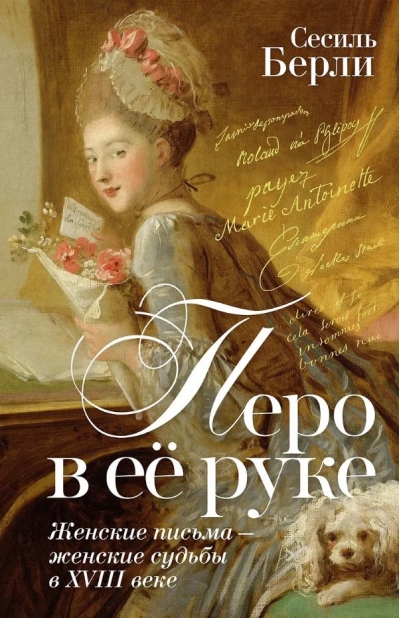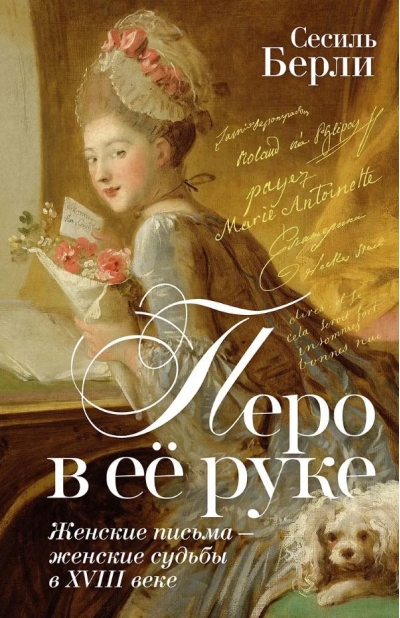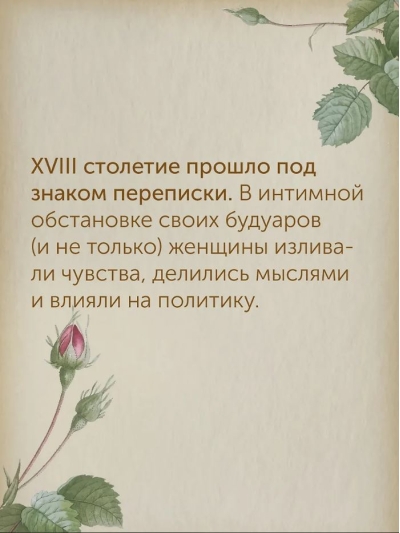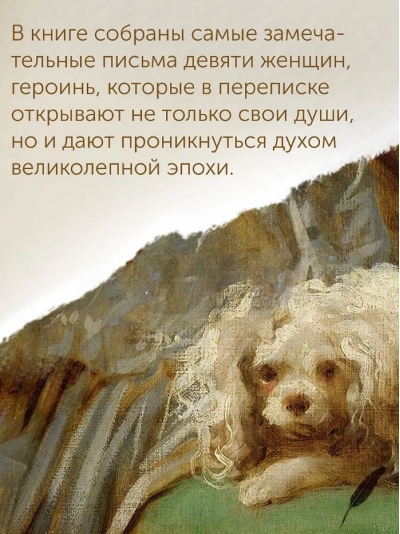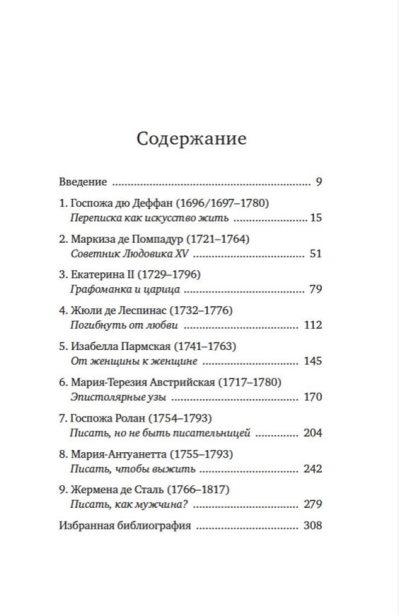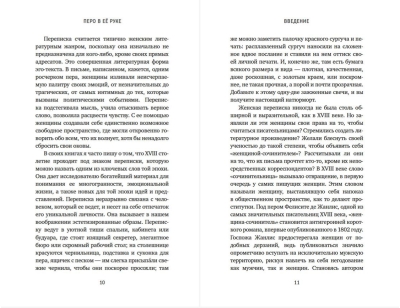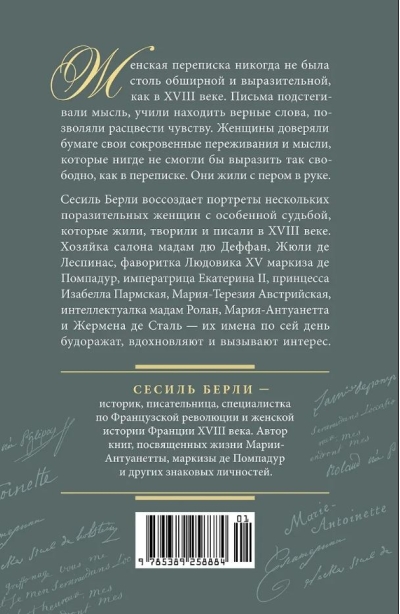A Pen in Her Hand: Women's Letters – Women's Fates in the 18th Century
14.99 €
In stock
The 18th century is the century of letters. Correspondence conveys news, ideas, feelings, and dominates the lives of even those who cannot write – private messengers, couriers, servants. The heroines of this book vividly reflect their era. They take up a pen and write letter after letter. They sprinkle fresh ink with sand, fold the message in half and put a personal seal on it. There is no place for them in public spaces, among men – only behind a secretary in the quiet of their bedroom. Correspondence gives them freedom. Here feelings blossom, experiences pour out, philosophical questions arise. This is how women in the 18th century find their voice.
“Madame du Deffand, the hostess of a salon who enjoyed only intellectual pleasures and turned correspondence into a true art of life. The Marquise de Pompadour, the all-powerful favorite, confidant of Louis XV. Catherine II, the autocratic queen and friend of the enlightenment philosophers. Julie de Lespinasse, illegitimate child, muse of the Encyclopedists and a woman in love who perished from her own feelings. Isabella of Parma, princess-hostage, philosopher archduchess, skillful manipulator. Marie-Therese of Austria, empress and despotic mother. Madame Roland, an intellectual who wrote so brilliantly, but who, however, did not want to be a writer. Marie Antoinette, a queen in the eye of a political hurricane, who had no other way to save the monarchy and her own life. Germaine de Staël, an intellectual ahead of her time, who wrote and behaved like a man. The correspondence of these women allows us to look into the very heart of their lives, to understand their inner world, to feel their anxieties and experiences" (Cecile Burley).
“Madame du Deffand, the hostess of a salon who enjoyed only intellectual pleasures and turned correspondence into a true art of life. The Marquise de Pompadour, the all-powerful favorite, confidant of Louis XV. Catherine II, the autocratic queen and friend of the enlightenment philosophers. Julie de Lespinasse, illegitimate child, muse of the Encyclopedists and a woman in love who perished from her own feelings. Isabella of Parma, princess-hostage, philosopher archduchess, skillful manipulator. Marie-Therese of Austria, empress and despotic mother. Madame Roland, an intellectual who wrote so brilliantly, but who, however, did not want to be a writer. Marie Antoinette, a queen in the eye of a political hurricane, who had no other way to save the monarchy and her own life. Germaine de Staël, an intellectual ahead of her time, who wrote and behaved like a man. The correspondence of these women allows us to look into the very heart of their lives, to understand their inner world, to feel their anxieties and experiences" (Cecile Burley).
See also:
- All books by the publisher
- All books by the author
- All books in the series Women in History


